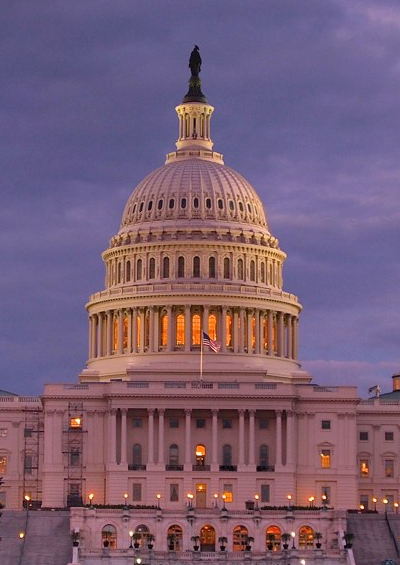A Contrarian Call on France
Macron suffered the fate of his predecessors — shortly after taking office, popularity slumps. But the worst may be over now.
February 25, 2019
The hope remains real that Emmanuel Macron can reform France, like Margaret Thatcher cured the UK in the 1980s and Gerhard Schröder changed Germany some 15 years ago.
If that comes to pass, France may be heading for a golden decade. Over time, a reinvigorated France can help to ease many tensions within the Eurozone that have stemmed from the gap between weaker and stronger countries.
This thesis has recently been called to its sternest test yet by the “Yellow Vest” protests.
Bottoming out?
After winning the 2017 elections on a wave of optimism, Macron has suffered the fate of his predecessors — shortly after taking office, popularity slumps.
However, the worst may be over now. Macron’s approval rating rebounded from the low of 23% in December to 28% in February.
However, as the Yellow Vests have become more radical, they have lost some public support. Macron’s fiscal sweeteners offered in response to the protests are starting to play out. His new dialogue with citizens also seems to be bearing fruit.
Economy improving
Although disruptions from the Yellow Vest protests pushed French consumer confidence to a four-year low last December, the lessening of the Yellow Vest disturbances has contributed to a rebound in consumer confidence in January.
Although French industry cannot decouple from the global manufacturing downturn, the easing of the drag from social unrest eases the pressures on the economy.
It can therefore be expected that if — and when — global risks ease, the French economy can return to growth rates around its trend of 0.4% qoq.
Rising employment will make it easier for Macron to continue his reform agenda despite some domestic opposition – tackling skill mismatches in the labour market and overhauling the highly inefficient pension system.
Advantage over other leaders
But what if the global risks (trade wars, China, hard Brexit) do not fade at least somewhat this spring and the cyclical downturn goes from bad to worse as a result?
Even in such a case, Macron would probably not turn into a lame duck or be seriously at risk. He enjoys one advantage over his predecessors and other European leaders: He is backed by a party he founded himself.
Macron’s party has no alternative to him and his policies. Macron can thus stay unpopular for longer than others and still make progress.
Optimistic about the long-term outlook
No reform drive is perfect, but it does not have to be. As long as France does not roll back its pro-growth labour market, social and education reforms, it can afford the fiscal sweeteners Macron handed out in late 2018.
If Macron builds even modestly on his recent reforms, he can achieve the critical mass of changes needed to raise France’s growth potential – and improve his re-election hopes for 2022.
Takeaways
Macron suffered the fate of his predecessors -- shortly after taking office, popularity slumps. But the worst may be over now.
The hope remains that Macron can reform France, like Thatcher cured the UK in the 1980s and Schröder changed Germany.
The Yellow Vests have lost some public support. Macron’s fiscal sweeteners and dialogue with citizens seems to be bearing fruit.
If Macron builds even modestly on his recent reforms, he can achieve the critical mass of changes needed to raise France’s growth potential.

